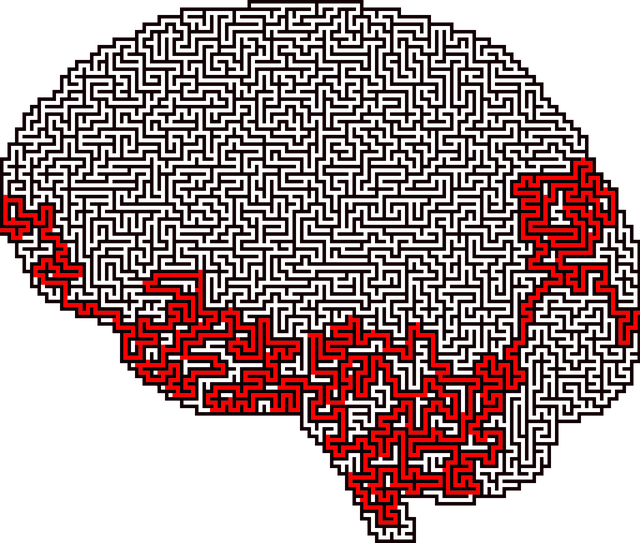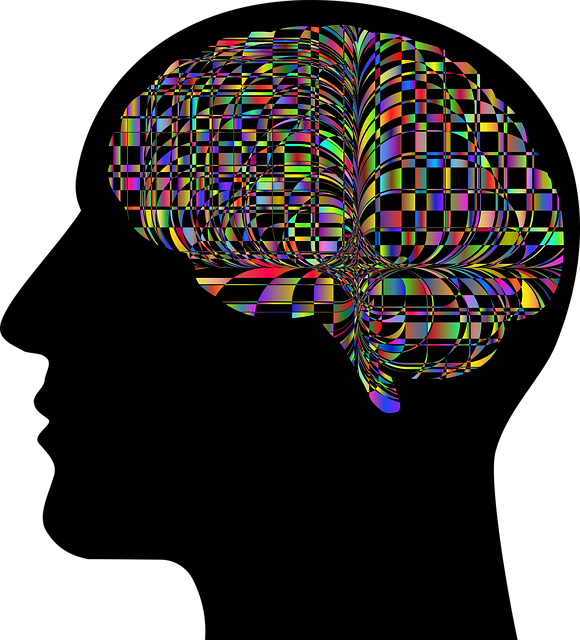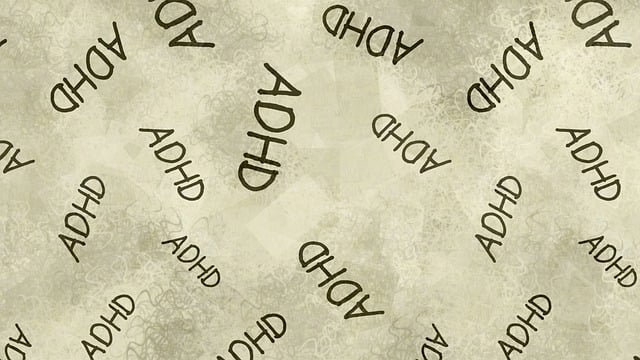Mental wellness self-assessment tools integrating evidence-based methods like Lakewood Exposure and Response Prevention (ERP) Therapy are crucial for personal growth and trauma support. These tools provide structured evaluations of emotional regulation, stress management, and coping mechanisms, empowering individuals to understand their thoughts and behaviors. By simulating real-world scenarios and offering personalized strategies, ERP enhances confidence building and positive thinking. Effective self-assessment tools monitor and improve mental wellness, track progress over time, and encourage proactive mental health management through developed self-care routines.
Mental wellness self-assessment tools play a pivotal role in personal growth and mental health management. This article delves into the development of these tools, focusing on the integration of Lakewood Exposure and Response Prevention (ERP) Therapy for enhanced effectiveness. We explore how ERP therapy techniques can be seamlessly incorporated to provide accurate evaluations and actionable insights for users seeking to monitor and improve their mental well-being. By combining evidence-based practices with user-friendly designs, we aim to revolutionize self-assessment tools for optimal mental health outcomes.
- Understanding Mental Wellness Self-Assessment: The Role of Tools in Personal Growth
- Integrating Lakewood Exposure and Response Prevention (ERP) Therapy into Self-Assessment Tools
- Designing Effective Self-Assessment Tools for Mental Health Monitoring and Improvement
Understanding Mental Wellness Self-Assessment: The Role of Tools in Personal Growth

Mental wellness self-assessment tools play a pivotal role in personal growth by providing individuals with a clear understanding of their mental health status and areas for improvement. These tools offer a structured approach to evaluating various aspects of mental well-being, including emotional regulation, stress management, and coping mechanisms. By utilizing evidence-based methods such as Lakewood Exposure and Response Prevention Therapy (ERP), these assessments help people gain insights into their thoughts, feelings, and behaviors.
In the context of trauma support services and crisis intervention guidance, self-assessment tools can be life-changing. They empower individuals to take charge of their mental health journey by identifying triggers, understanding their response patterns, and adopting compassion cultivation practices. This proactive approach not only enhances overall well-being but also fosters resilience in navigating challenging situations, ensuring a more balanced and fulfilling life.
Integrating Lakewood Exposure and Response Prevention (ERP) Therapy into Self-Assessment Tools

Integrating Lakewood Exposure and Response Prevention (ERP) Therapy into self-assessment tools represents a significant advancement in mental wellness journaling exercises guidance. This therapeutic approach, designed to help individuals confront and overcome fears and anxiety, can greatly enhance confidence boosting strategies within digital platforms. By simulating real-world scenarios and guiding users through gradual exposure to stressors, ERP therapy offers a structured path towards positive thinking and improved mental wellness.
Self-assessment tools that incorporate ERP Therapy provide personalized, interactive experiences tailored to individual needs. This not only facilitates deeper introspection but also enables users to track their progress effectively. Through carefully crafted Lakewood Exposure and Response Prevention exercises, these tools offer practical strategies for managing stress, anxiety, and related conditions. By fostering open communication with the user, the assessment tools empower individuals to take control of their mental wellness journey while promoting positive thinking habits.
Designing Effective Self-Assessment Tools for Mental Health Monitoring and Improvement

Designing effective self-assessment tools is paramount in mental wellness monitoring and improvement. These tools play a crucial role in helping individuals track their emotional well-being, identify areas for growth, and measure progress over time. Incorporating evidence-based practices like Lakewood Exposure and Response Prevention Therapy (ERP) can enhance the effectiveness of these assessments. By encouraging individuals to confront and manage their fears and avoidance behaviors, self-assessment tools can be tailored to provide personalized feedback and strategies for emotional well-being promotion techniques.
Self-care routine development is another essential aspect that these tools should address. They should guide users in implementing stress management techniques, fostering healthy habits, and cultivating resilience. Regular utilization of self-assessment tools allows individuals to stay attuned to their mental health needs, enabling them to proactively seek support or adjust their coping strategies as required. This proactive approach contributes significantly to overall well-being and can prevent the exacerbation of mental health issues.
Mental wellness self-assessment tools, enhanced by integrating Lakewood Exposure and Response Prevention (ERP) therapy techniques, offer individuals a powerful means to monitor and improve their mental health. By providing structured frameworks for self-reflection and personal growth, these tools empower folks to take charge of their mental well-being. Through regular use, they can foster resilience, reduce anxiety, and enhance overall life satisfaction, ultimately contributing to a more balanced and fulfilling life.














